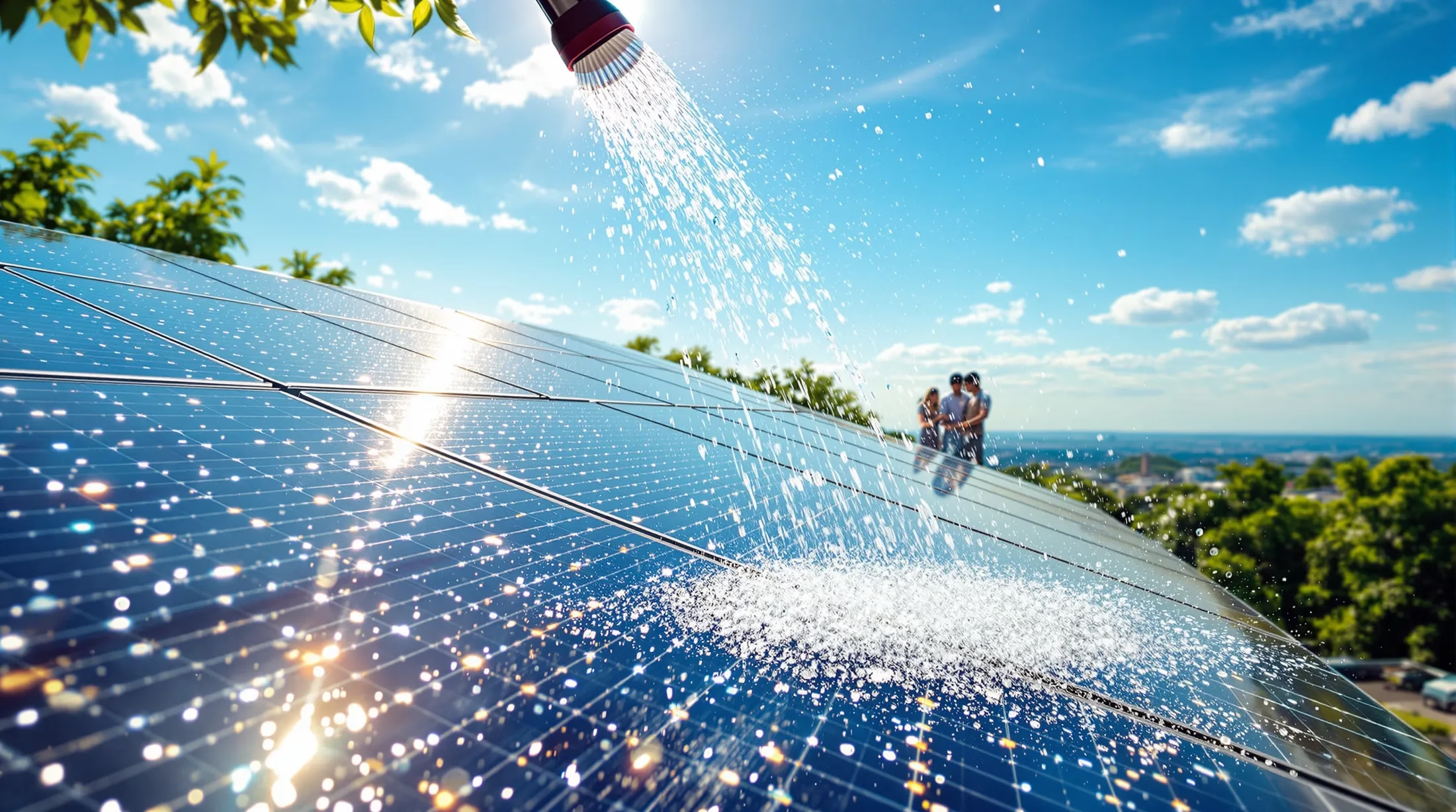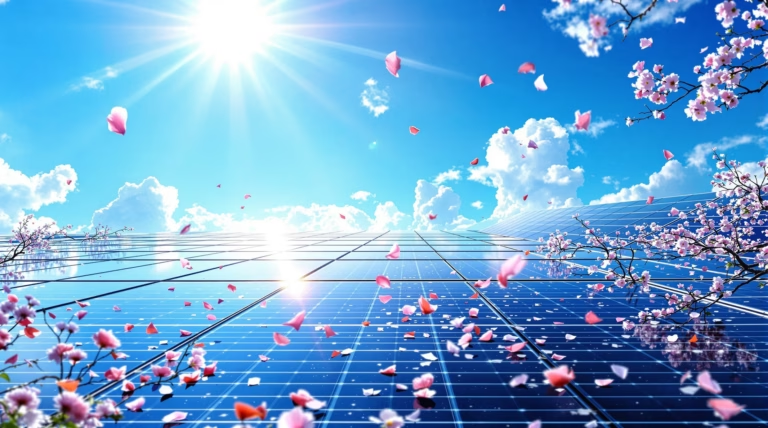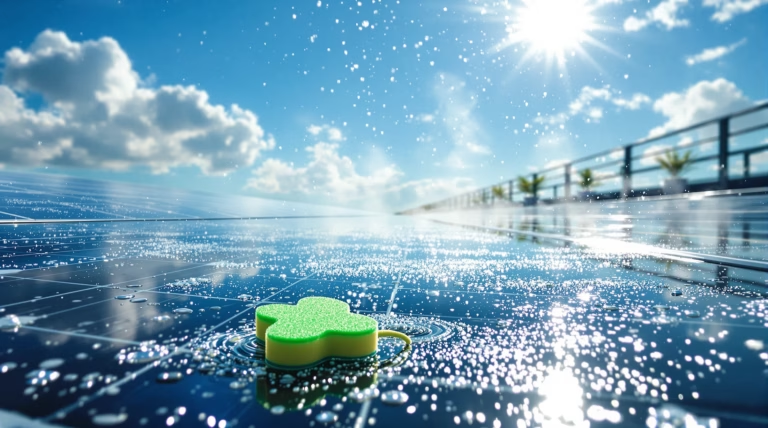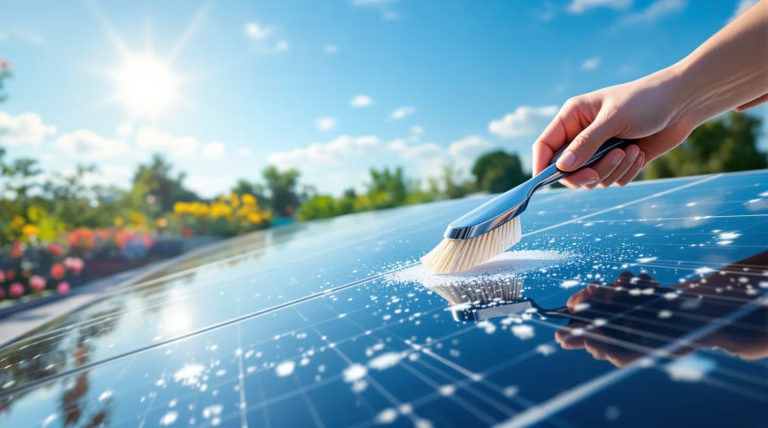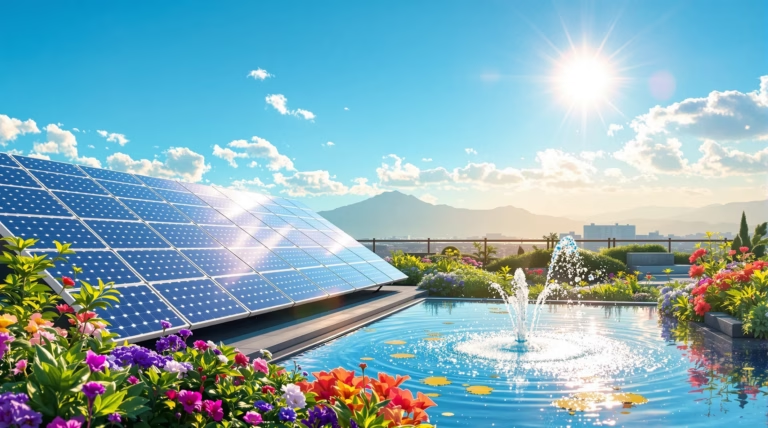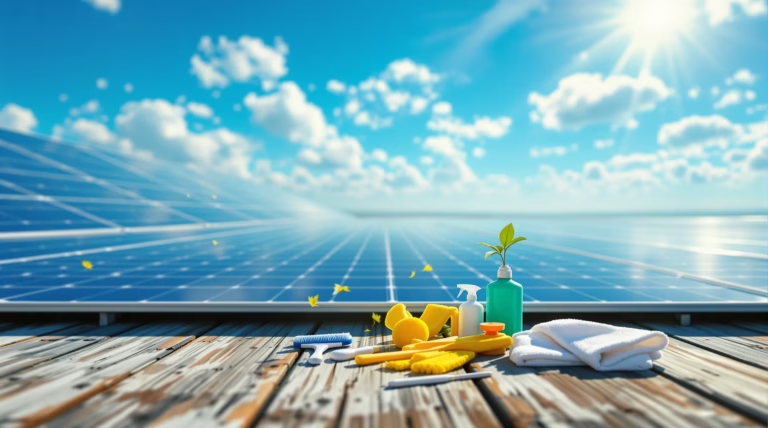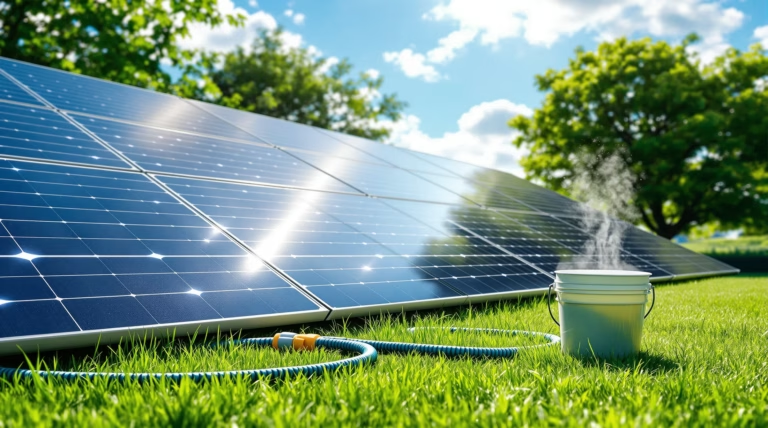Can You Pressure Wash Solar Panels? Essential Tips and Considerations
Maintaining your solar panel investment requires proper care and cleaning methods to ensure optimal performance and longevity. Before reaching for that pressure washer, let’s explore the safest and most effective ways to keep your solar panels clean while protecting their delicate components.
Understanding Solar Panel Cleaning
Solar panels require specific maintenance approaches to preserve their functionality. While they’re built to withstand various weather conditions, their glass surfaces and edge seals need careful handling during cleaning. Manufacturers provide detailed maintenance guidelines because improper cleaning techniques can void warranties and reduce system lifespan.
Why Cleaning Solar Panels is Important
Regular cleaning of solar panels directly impacts their energy production capabilities. Dirty panels can experience significant performance losses:
- 15-25% reduction in energy production
- Decreased efficiency due to blocked sunlight
- Formation of damaging hot spots
- Accelerated material degradation
- Shortened system lifespan
Common Methods for Cleaning Solar Panels
Safe and effective cleaning methods include:
- Using soft brushes or sponges with mild soap
- Rinsing with garden hose during cool periods
- Applying specialized solar panel cleaning solutions
- Avoiding harsh chemicals and abrasive materials
Can You Pressure Wash Solar Panels?
The definitive answer is no – pressure washing solar panels is strongly discouraged by manufacturers and industry experts. Despite its apparent convenience, high-pressure water can cause severe damage to your solar investment, often in ways not immediately visible.
Pros and Cons of Pressure Washing
| Pros | Cons |
|---|---|
| Quick cleaning action | Risk of physical damage to panels |
| Reaches difficult spots | Voids manufacturer warranty |
| Temporary efficiency boost | Potential wiring damage |
| Removes stubborn dirt | Compromised edge seals |
Potential Risks of Pressure Washing
Pressure washing can lead to several serious issues:
- Creation of microscopic cracks in glass surfaces
- Damage to anti-reflective coatings
- Internal moisture penetration causing corrosion
- Electrical connection damage
- Delamination of panel materials
- Reduced energy generation capacity
Alternative Cleaning Methods for Solar Panels
Instead of pressure washing, focus on manufacturer-approved cleaning techniques that protect your investment while maintaining optimal performance. These methods balance effective cleaning with panel preservation, ensuring both immediate cleanliness and long-term durability of your solar system.
Alternative Cleaning Methods for Solar Panels
DIY Solar Panel Cleaning Tips
For ground-mounted systems or easily accessible rooftop installations, DIY cleaning offers a cost-effective maintenance solution. The optimal cleaning process involves specific steps and considerations:
- Clean during early morning or evening when panels are cool to prevent thermal shock
- Use soft water to avoid mineral deposit buildup
- Employ a soft brush or sponge attached to an extension pole
- Mix mild, non-abrasive soap with water for cleaning solution
- Work from top to bottom using gentle scrubbing motions
- Rinse thoroughly with low-pressure water from a garden hose
- Use a squeegee to prevent water spots during drying
Professional Solar Panel Cleaning Services
| Service Benefits | Technical Advantages |
|---|---|
| Safety for complex installations | Deionized water systems |
| Expert equipment handling | Industry-approved methods |
| Comprehensive inspections | Specialized cleaning tools |
| Problem identification | No residue cleaning |
Maintaining Solar Panel Efficiency and Lifespan
Strategic maintenance balances cleaning needs with system protection to maximize your solar investment’s 25-30 year lifespan. While regular upkeep is crucial, aggressive cleaning methods can compromise panel integrity. The focus should be on consistent energy generation throughout the system’s life rather than short-term performance gains.
Regular Maintenance Practices
- Schedule 2-4 light cleanings annually
- Conduct regular visual inspections for damage
- Monitor debris accumulation and shade issues
- Check for vegetation growth affecting panel exposure
- Follow manufacturer maintenance guidelines
- Track system performance metrics
Monitoring Solar Panel Performance
Modern solar installations include monitoring capabilities that help determine optimal maintenance timing. By establishing a performance baseline and tracking deviations, you can identify when cleaning is truly necessary. Compare energy production before and after cleaning sessions to establish an effective maintenance schedule based on actual data rather than assumptions.
A 15-20% improvement in output after cleaning indicates legitimate accumulation requiring attention. Consider seasonal variations in sunlight when analyzing performance data, as natural fluctuations affect production regardless of panel cleanliness.

